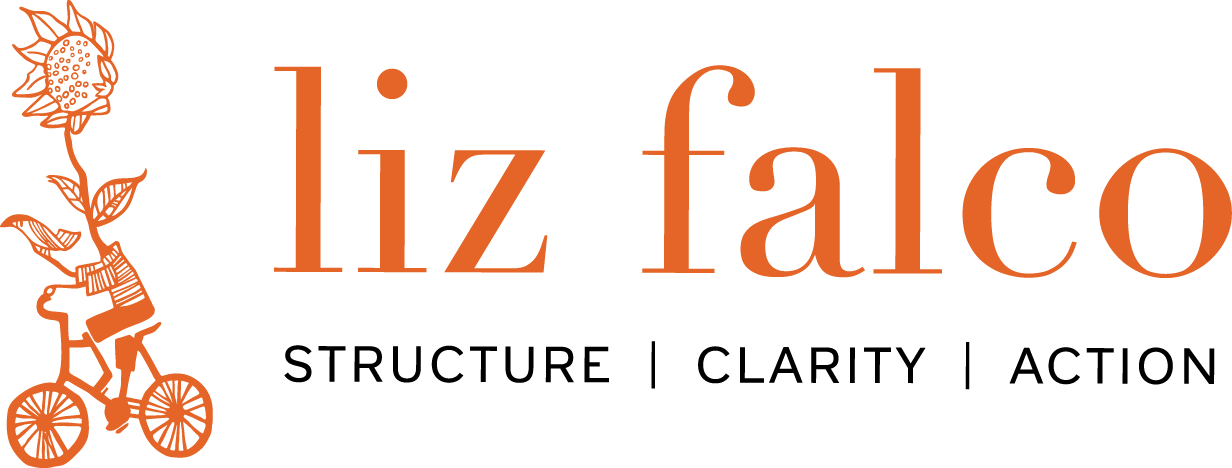Over the years, Liz has taken time to reflect and continually evolve her educational philosophy – learn more about it in her message below and then read the first liz’s letter if you are curious about how the lizfalco consulting logo ties into her philosophy.
My Educational Philosophy
As a result of my experiences as a student, teacher, coach, mentor and school leader at both independent and public schools, I have had the opportunity to reflect meaningfully on education, its purpose and most essential facets. I therefore believe the following: Education is most effective when members of a community work collaboratively to foster the holistic development of young people, such that each student feels empowered to contribute to the world in a unique way by fulfilling his or her own personal potential.
Whole Student
The development of the whole student is the foundation of my beliefs. The “whole student approach” provides opportunities for students to develop their competencies and aptitudes in all areas: intellectual, physical, artistic, social and emotional. Furthermore, a student-centered model of teaching and learning, one in which a child’s strengths, learning styles, character and interests are considered, allows educators to know when to provide greater support and encouragement and when to inspire a student to achieve greater personal bests. These myriad experiences inspire self-confidence and foster self-esteem, both of which are critical to fulfilling one’s potential.
The School as a Caring Community
Schools that have a palpable sense of care, community, respect, trust and inclusiveness for all of its members (students, faculty, staff, parents, alumni) create a sense of belonging and a safe environment. This kind of culture ensures that each student feels valued, nurtured, unique and heard; and with that level of self-worth, he or she comes to believe anything is possible.
Meaningful Learning
Learning is best achieved when curricular and co-curricular activities and experiences are relevant and applicable to each and every learner. In particular, experiential, reality-based learning allows students the opportunity to apply their learning in meaningful ways and to problem-solve from a range of perspectives; it also helps them to develop important skills in personal development and team-building. Through a thoughtfully constructed curriculum, based on the latest childhood development and brain research, students are able to develop their cognitive potential as well as their emotional and social intelligence. Moreover, organizations whose culture is one of learning and continuous improvement foster a sense of curiosity and help students find their individual passions and promote life-long learning.
Develop Talents, Instill Values and Inspire Global Citizenship
From my perspective, the core objectives of contemporary education are three-fold: 1) To develop individual talents within the context of core competencies and skills; 2) To instill strong values and healthy approaches to life and; 3) To inspire local and global citizenship whereby students become self-aware and reflective as well as determined to make an impact in meaningful ways for their families, local communities and the wider world.

